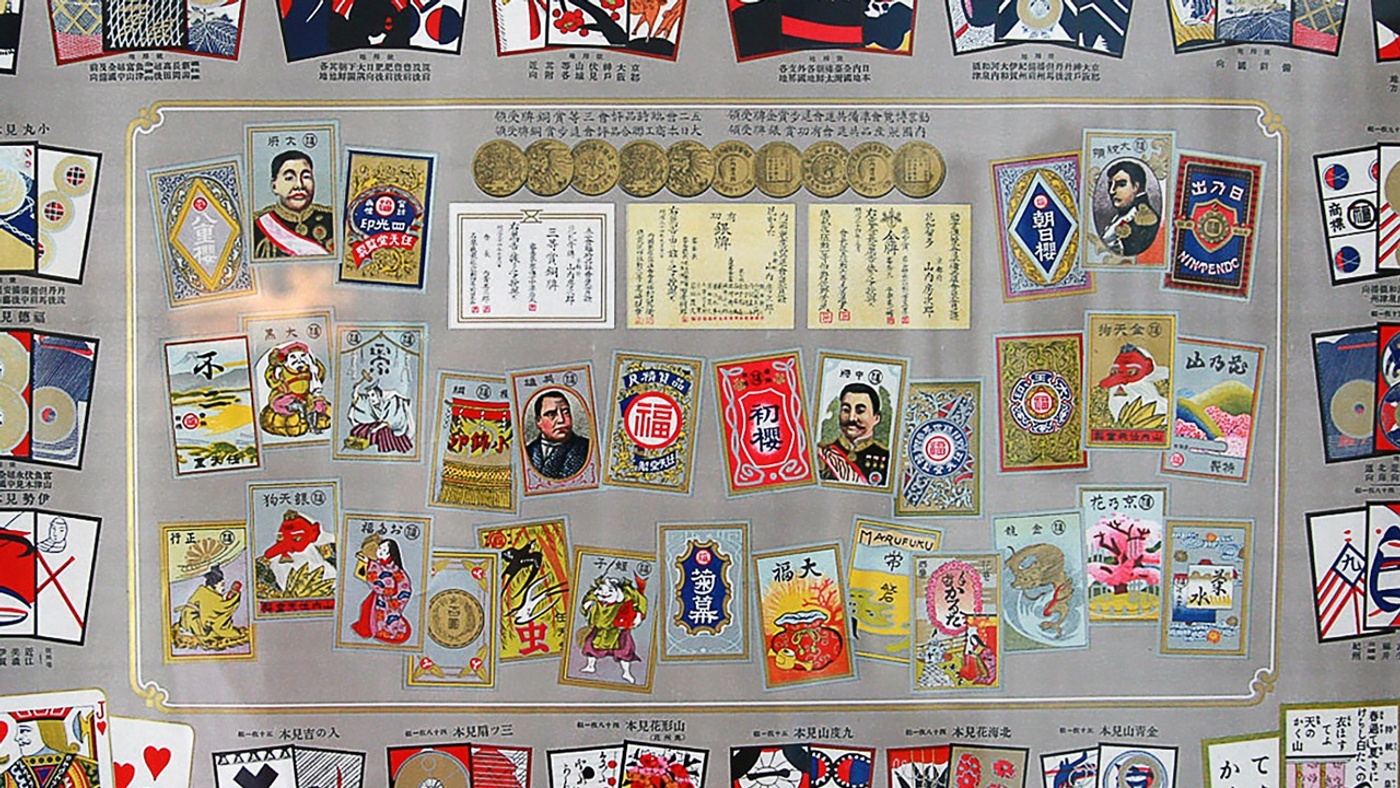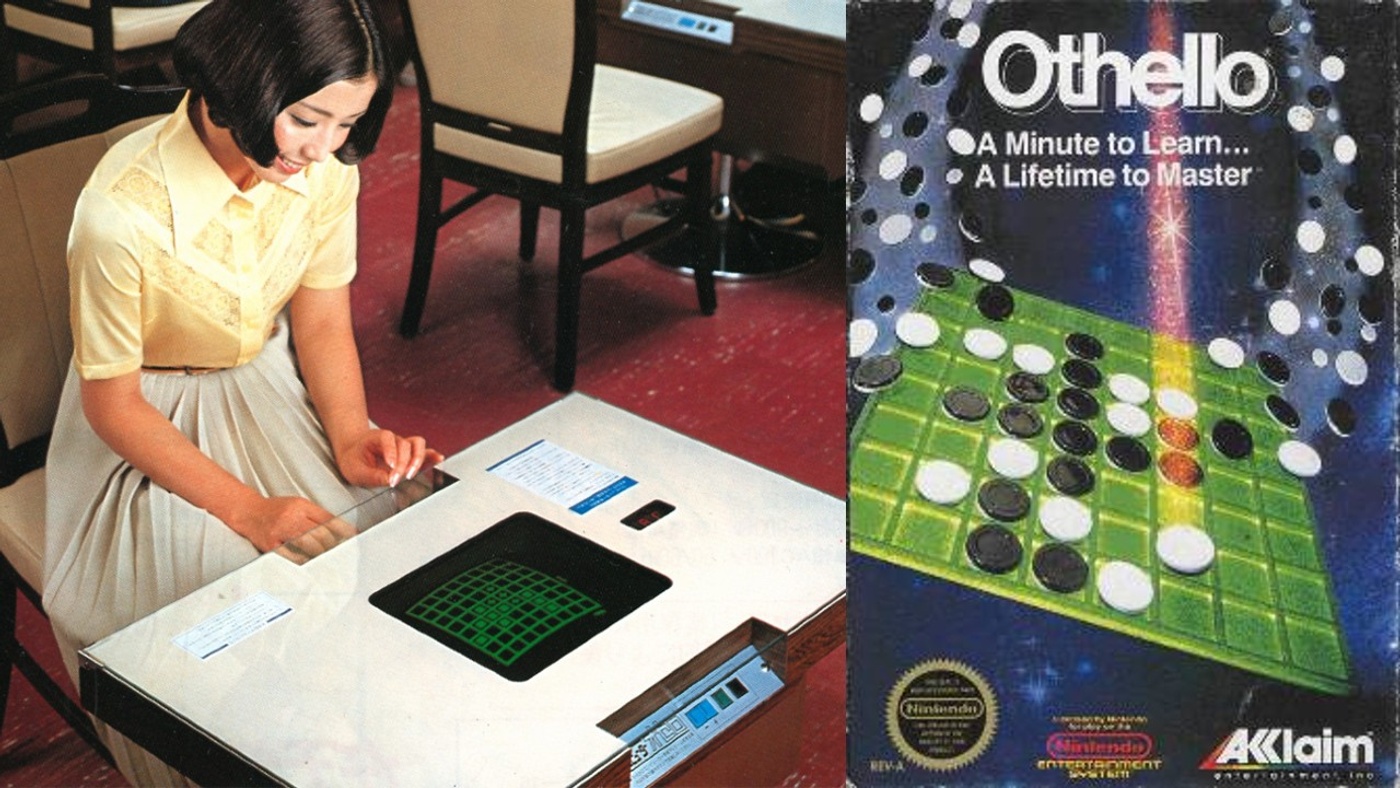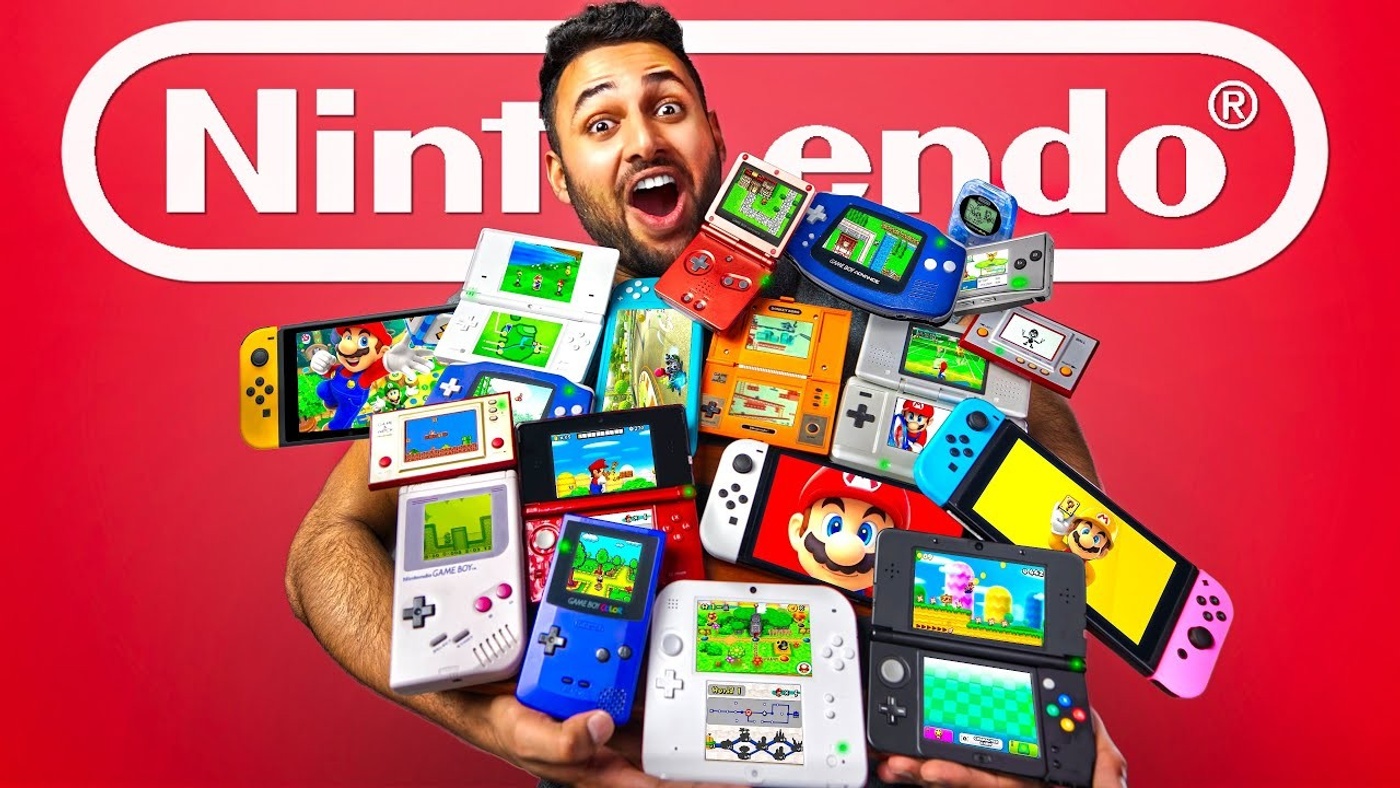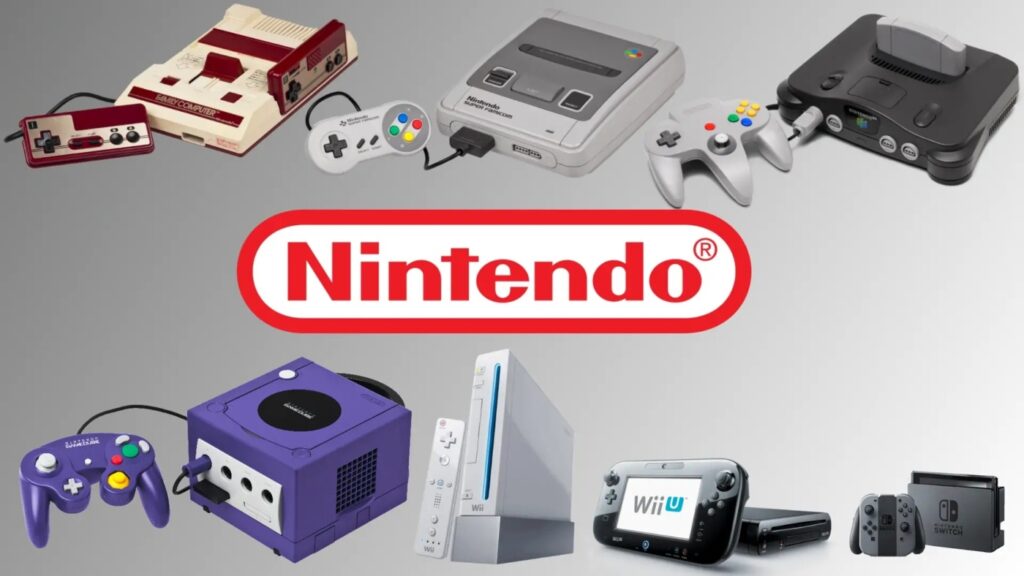Nintendo‘s journey started in 1889 in Kyoto, Japan, by Fusajiro Yamauchi. Yamauchi began by producing bright colored, handmade playing cards which maintained their popularity for 70 years and laid the foundation of the company. However, by the 1950s, interest in playing cards had begun to wane. It was during this period that Yamauchi’s grandson took over the company and decided to steer Nintendo into different fields.
Nintendo’s Shift to Electronic Games and Global Success

Transitioning from playing cards to toys and then to electronic games, Nintendo began to make its mark on the global market in the late 1970s.
In 1978, Nintendo stepped into video games, and in 1980, made a major breakthrough with Donkey Kong. This game also marked the first appearance of the Mario character, who would later become beloved by millions as Super Mario.
Nintendo’s Game Consoles and Major Releases

Nintendo’s success was not limited to games alone. By releasing the Nintendo Entertainment System (NES) in 1983 and Game Boy in 1989, they claimed a significant position in the game console market. They continued to expand the market with innovative products like Nintendo DS and Wii.
Challenges Faced and Strategic Transformations

However, alongside this success story, Nintendo also faced various challenges such as copyright and patent lawsuits, working conditions, and censorship policies. A CD-ROM based console project that began with Sony in 1991 but was later cancelled led to significant changes in the gaming world.
Nintendo’s Ever-Expanding Product Range

Despite these challenges, Nintendo continues to innovate and maintain its position in the market with technological advancements. From past to present, Nintendo has undergone many changes and transformations but has always managed to stay ahead. Even today, Nintendo’s games and consoles continue to appeal to people of all ages. The creation of a massive franchise like Pokémon is another example of Nintendo’s cultural impact.
In conclusion, despite challenges, Nintendo continues to play a pioneering role in the gaming world with its innovative structure and ever-expanding product range.


